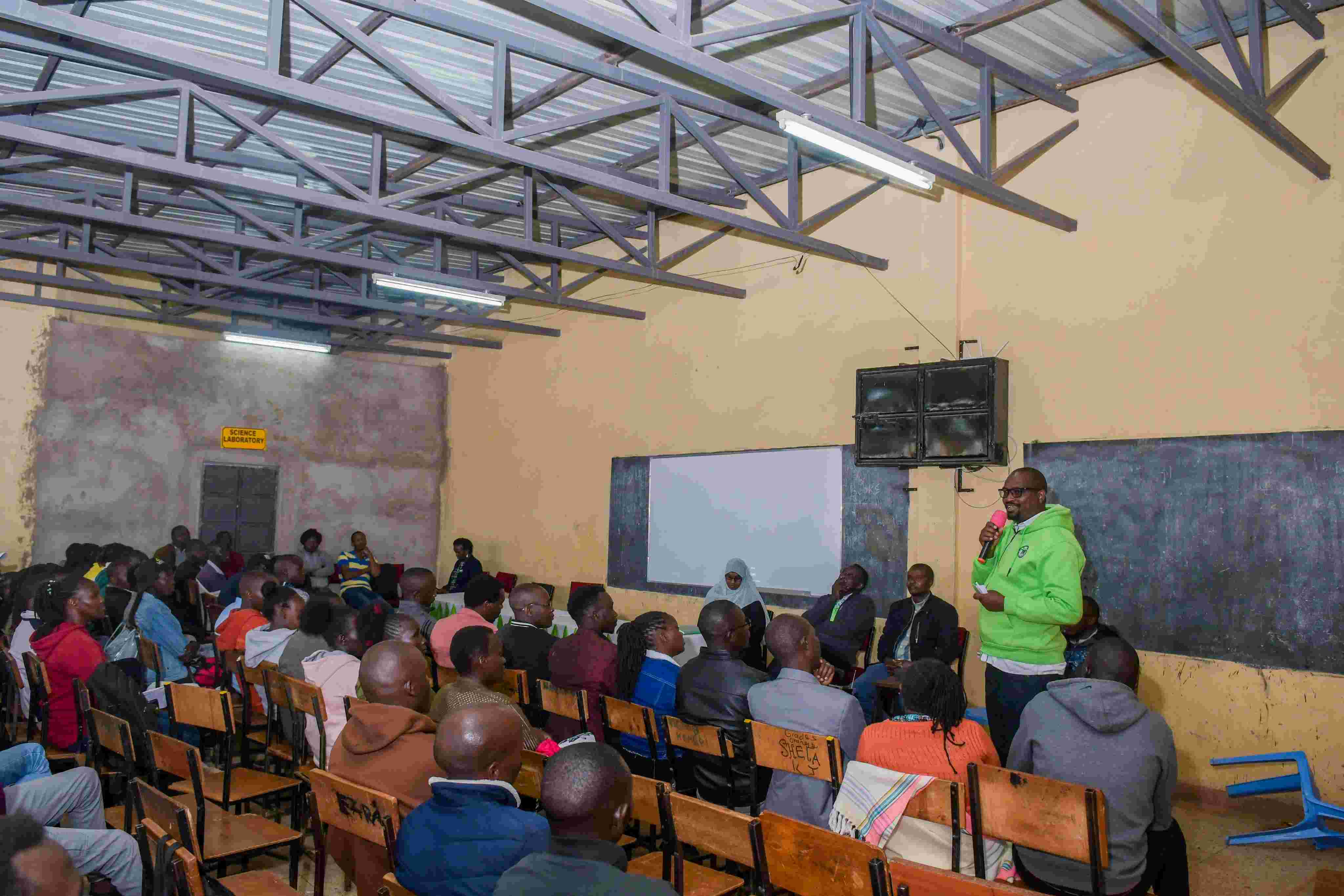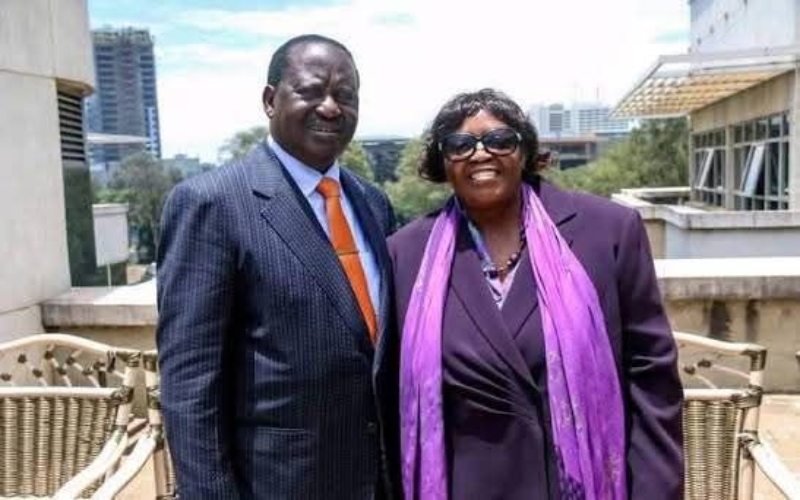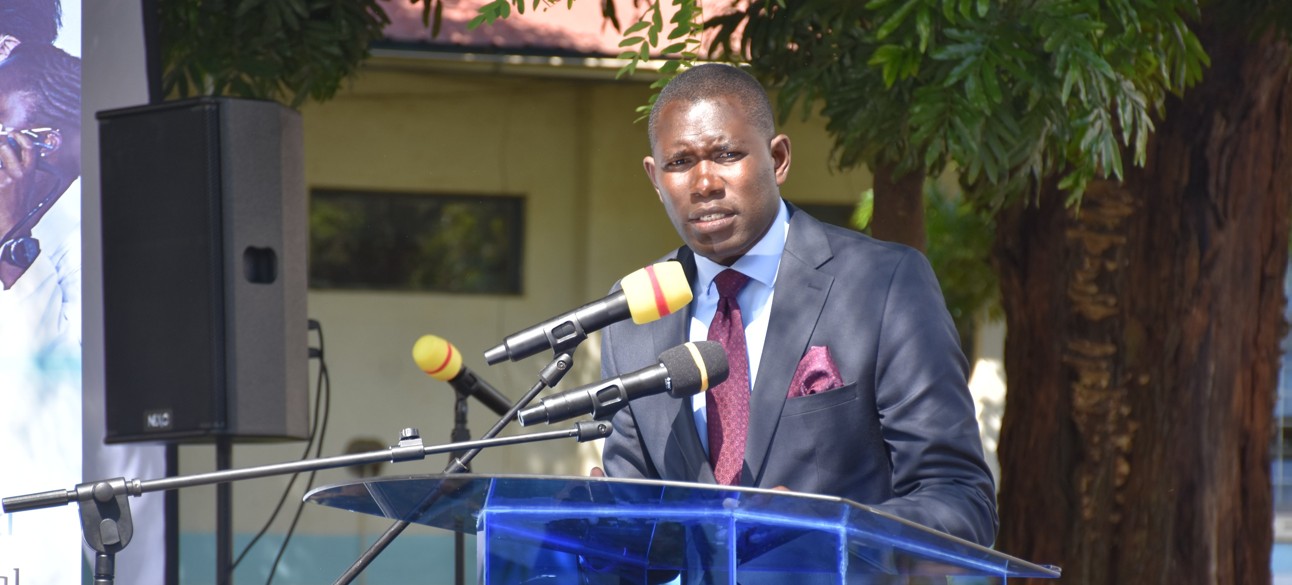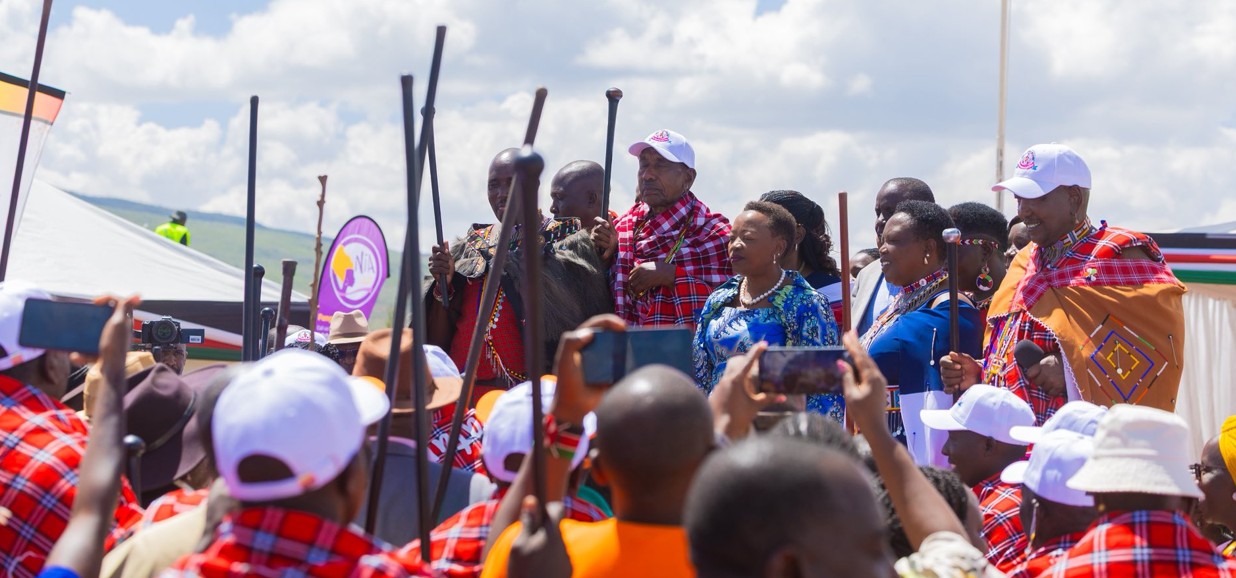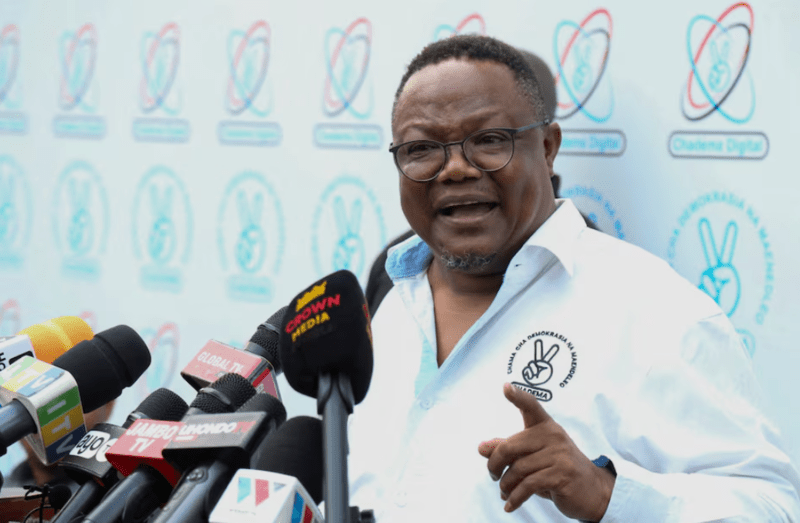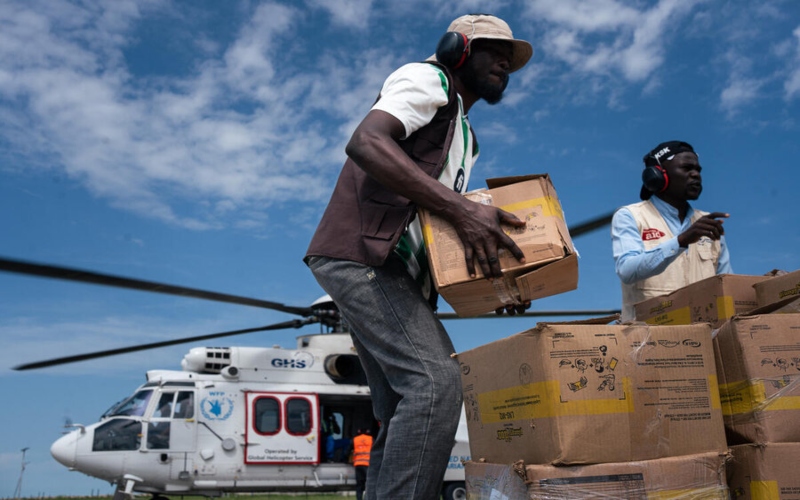DPP calls for stronger inter-agency action on hate speech and incitement cases
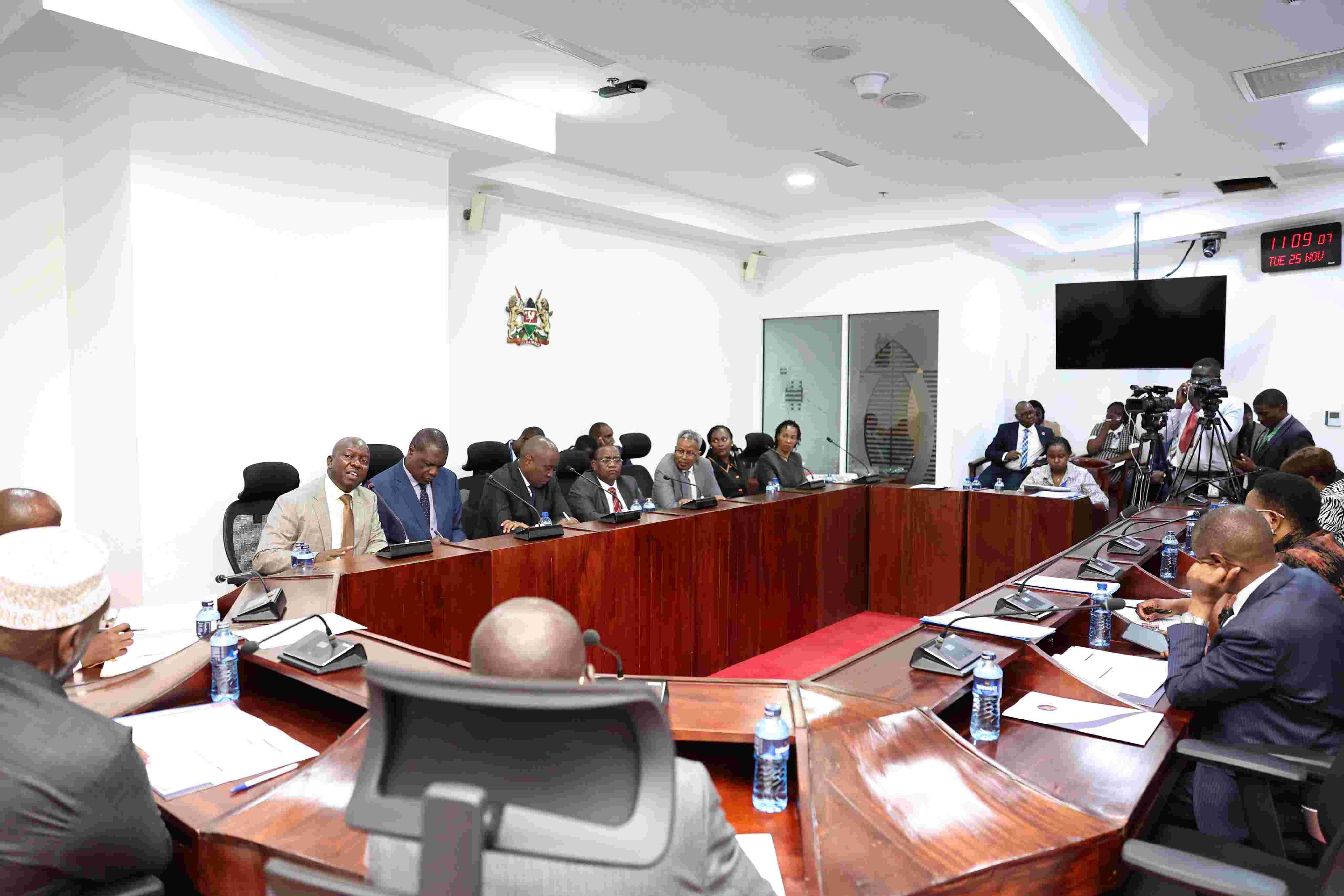
DPP Renson Ingonga revealed that the ODPP has only a few active cases in court due to investigative bottlenecks.
The Director of Public Prosecutions (DPP) has called for stronger inter-agency cooperation to tackle cases of incitement and hate speech, saying delays in investigations by relevant authorities are hampering timely prosecutions and allowing inflammatory statements to go unchecked.
Speaking on Tuesday before the Senate Standing Committee on National Cohesion, Equal Opportunity and Regional Integration, DPP Renson Ingonga revealed that the ODPP has only a few active cases in court due to investigative bottlenecks.
More To Read
- Only 12 of 58 EACC corruption cases cleared for prosecution by DPP over three-month period
- Gachagua, governors, and MPs under probe by NCIC for inflammatory statements
- Kenya’s criminal gangs trace back to independence era, NCIC says
- Court declines to issue arrest warrants in Mwenda Mbijiwe disappearance case
- Salasya hate speech case to proceed after NCIC mediation collapses
- Interior CS Murkomen announces panel to recruit NCIC chair, warns of rising hate speech
“Currently, I only have three active cases in court because those are the cases which have been able to pass the evidentiary threshold,” he said.
Ingonga explained that the ODPP’s mandate is limited to instituting and prosecuting criminal offences, urging investigative agencies to act promptly on reports of hate speech, incitement and other offences. He noted that the DPP’s office cannot carry out investigations itself and relies entirely on agencies such as the National Cohesion and Integration Commission (NCIC) and the Directorate of Criminal Investigations (DCI) to collect and verify evidence.
“Even if there is an utterance and the relevant investigative agents do not investigate, there is very little we can do. We have written to those agencies to investigate, but we cannot direct them on how to investigate. My plea is for this committee to prevail upon these investigative agencies, especially NCIC and DCI, to investigate these utterances whenever they occur. That is the only way prosecutions can proceed,” he said.
He emphasised that the Office of the Director of Public Prosecutions (ODPP) operates under the Constitution and the rule of law, noting that investigations and prosecutions relating to hate speech, incitement and related offences must always be grounded in verifiable evidence.
“We are actively collaborating with investigative agencies, civil society organisations, and other stakeholders to ensure accountability and lawful expression in public forums. We call for enhanced inter-agency cooperation, including expedited evidence-sharing, to ensure timely and effective prosecution of cases involving incitement,” he said.
The DPP revealed that it has established an Election Preparedness Committee to augment the division’s functions. He said the initiatives are aimed at enhancing and strengthening the responsiveness of the office in the prosecution and investigation of electoral offences, public utterances and related crimes that undermine national cohesion and democratic integrity.
He also outlined the work of the ODPP’s newly established Head of Speech and Electoral Justice Division, emphasising its role in strengthening accountability and addressing offences that undermine national cohesion. According to Ingonga, the division, led by a Senior Assistant Director of Public Prosecutions with support from a prosecution council, handles cases involving hate speech, incitement and election-related offences in line with the Constitution, Elections Act, NCIC Act and the Penal Code.
He said the division maintains and analyses data on hate speech and electoral offences to inform policy, identify emerging trends, and support evidence-based decision-making. He added that it also reviews and proposes improvements to the legal framework governing hate speech and electoral offences to address legislative gaps and enhance prosecutorial effectiveness.
“The division receives and assesses complaints from the public relating to hate speech and electoral justice, ensuring timely and impartial responses. In addition, it develops prosecutorial guidelines and diversion frameworks, particularly in cases where restorative justice could serve the community interest without undermining legal accountability,” he said.
Ingonga highlighted that inter-agency coordination is central to the division’s work, as it collaborates with key institutions in the electoral justice system to harmonise enforcement strategies and strengthen cooperation.
“The division also conducts public sensitisation and capacity-building initiatives on electoral justice, digital safety, and the responsible exercise of political rights, aiming to promote lawful participation in the political process,” he added.
The DPP reiterated that strategic partnerships with the NCIC, the Kenya National Commission on Human Rights, and the DCI are essential for the timely investigation and prosecution of cases.
“ODPP works closely with NCIC not only in prosecutions but also in the development of key policy documents and training materials. Inter-agency collaboration and cooperation are one of the strategic objectives of the ODPP Strategic Plan 2023–2027,” he said.
He urged public leaders to avoid reckless statements that could undermine national cohesion and fuel social unrest.
Top Stories Today
